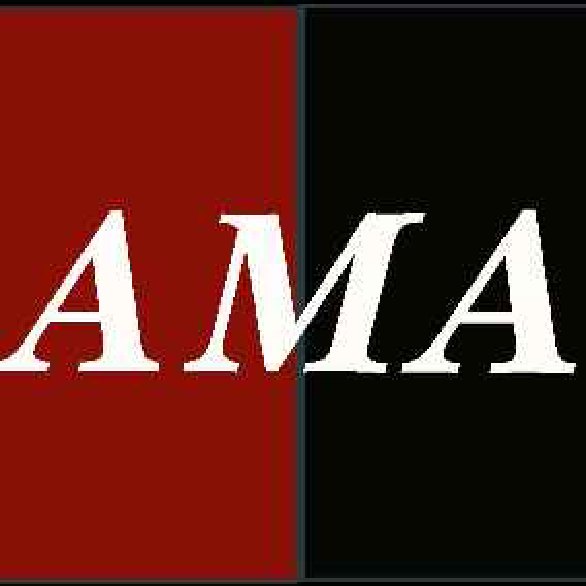Yesterday, oil marketers attributed the ongoing fuel scarcity in the country to persistent logistics issues. This follows a statement from the Nigerian National Petroleum Company Limited (NNPCL) made just a day earlier, which also cited logistics challenges.
In an interview on Channels Television’s Morning Brief, Billy Gillis-Harry, President of the Petroleum Products Retail Outlets Owners Association (PETROAN), explained that oil marketers are currently constrained in their supply capabilities and can only distribute the amount they receive.
He stated,
“As long as our supply challenges remain unresolved and insufficient, we will continue to face this issue. The NNPC’s communications director has mentioned that the problems are still logistics-related.”
Gillis-Harry added,
“Until these logistics issues are addressed, we will be limited to managing the small quantities we receive and distribute to our members. The NNPCL is working hard to gradually increase supply, but we can only provide what we have.”
Regarding the specifics of the logistics challenges, he noted,
“The main issue is ship-to-ship transfer. If a ship does not receive products, it cannot deliver to the depots. Without products at the depots, retailers like us cannot access them.”
He assured that marketers are actively engaging with the NNPCL to address these supply challenges, saying,
“We are in discussions with NNPCL and are encouraging them to improve. I can assure you they are making efforts.”
This clarification by Gillis-Harry follows ongoing fuel shortages, particularly in northern parts of the country.
Recall that a litre of fuel is currently priced between N800 and N1,000 at some filling stations, which has led to a rise in transportation costs.
In some cases, filling stations are not selling fuel at all, allowing black market racketeers to exploit the situation and engage in profitable illegal sales.
Additionally, reports from last week suggested that the scarcity might be related to debts owed by the Nigerian National Petroleum Company Limited to international oil traders.





